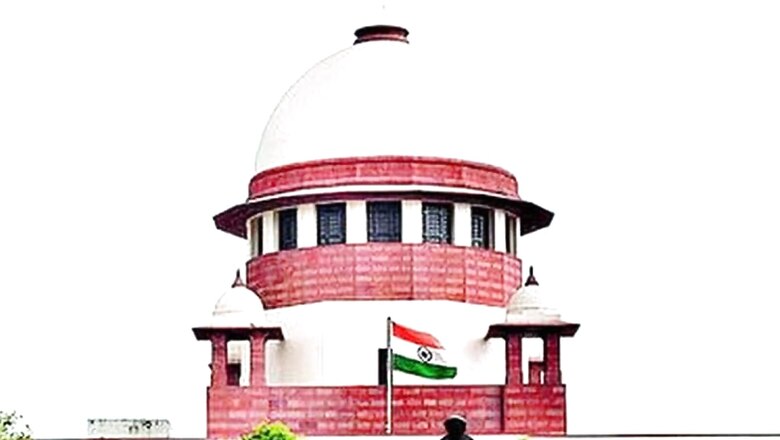
views
The Supreme Court Monday said if the remedy is available under the Civil Procedure Code (CPC) to a litigant then high courts should not use their extraordinary powers of superintendence over lower courts under the Constitution to hear appeals arising out of civil litigations.
A bench comprising justices M R Shah and B V Nagarathna set aside the 2021 judgement of the Madras High Court which had exercised its power under Article 227 of the Constitution to give relief to a litigant in a land dispute case. Article 227 provides that every high court shall have superintendence over all courts and tribunals throughout the territories concerning which it exercises jurisdiction.
Once there was a statutory alternative remedy by way of an appeal available to the defendants, the High Court ought not to have entertained a writ petition or revision application under Article 227 of the Constitution of India, the bench said in its verdict. Referring to the judgements, the bench said, wherever the proceedings are under the Code of Civil Procedure and the forum is the civil court, the availability of a remedy under CPC, will deter the High Court and therefore, the High Court shall not entertain the revision under Article 227 of the Constitution of India, especially in a case where a specific remedy of appeal is provided under the CPC itself.
Justice Shah, writing the judgement for the bench, set aside the high court verdict and upheld the trial court’s order in the case. The verdict came on the appeal of one Mohamed Ali against the high court verdict.
Ali had filed a lawsuit at Trichy local court for specific performance of an agreement to sell of 2009 against four persons. The trial court proceeded ex-parte in the case and later two defendants belatedly sought setting aside of the ex-parte judgement in the case.
On the ground of an unexplained long delay in approaching the court, the civil court dismissed their plea for setting aside the verdict. The defendants then moved the high court against the lower court verdict in favour of Ali.
The High Court allowed the petitions and set aside the judgement and decree passed by the Trial Court by observing that they were passed based on total nonapplication of mind. Having gone through the impugned common judgement and order passed by the High Court, it can be seen that as such the High Court has not at all considered whether the learned Trial Court was justified in refusing to condone such a huge delay of 2345 days, it said.
The high court has also not appreciated and considered the fact that as such the order passed by the trial court refusing to condone the delay had attained finality, it said. Even otherwise,… against the exparte judgment and decree, the remedy by way of an appeal before the First Appellate Court was available. Therefore, the High Court ought not to have entertained the revision application under Section 115 of CPC and under Article 227 of the Constitution of India, it said.
Read all the Latest News, Breaking News, watch Top Videos and Live TV here.


















Comments
0 comment